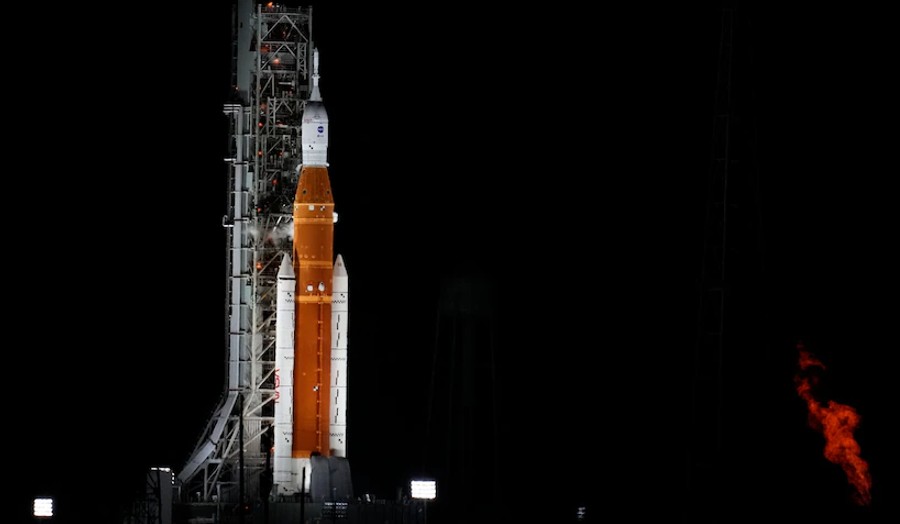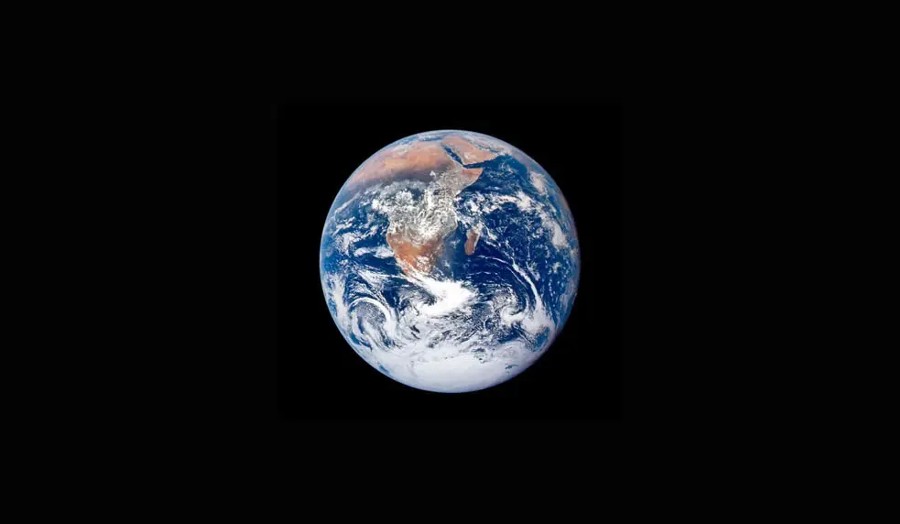NASA has called off what is being referred to as “the most significant series of human exploration missions in over a generation.”
Sorry folks, ‘No Man’ on the moon today. In what was scheduled to be captained by a crash-test dummy called Commander Moonikin Campos, the uncrewed flight was set to be the first test run for the Artemis project, NASA’s first 21st-century moon-exploration program.
The test flight has been waylaid until September 2nd, due to engine problems. However, NASA hopes to send four astronauts around the moon in 2024 and land humans there as early as 2025.

Hundreds of spectators were turned away, after waiting hours to watch the rocket take off from Cape Canaveral. NASA Administrator, Bill Nelson says the canceled test launch is “just part of the space business.”
The 98-metre Space Launch System rocket was originally set for lift off on Monday with three test dummies aboard on its first flight, on a mission to propel a capsule into orbit around the moon. But what NASA described as “an engine bleed that couldn’t be remedied” stopped the launch.
Launch control communicator, Derrol Nail, said that the rocket’s engine “didn’t get the high-accuracy temperature that they were looking for.” The issue is now being analysed by engineers, but the rocket will remain fuelled on the launchpad at the Kennedy Space Center.
Given the test crafts are always pushed harder than when it had an actual crew onboard, he shared, “we don’t launch until it’s right…I think it’s just illustrative that this is a very complicated machine, a very complicated system, and all those things have to work and you don’t want to light the candle until it’s ready to go.”

Speaking earlier this month, Michael Sarafin, Artemis mission manager, declared that August 30, 31, and September 1 were not “viable” launch opportunities, because “during the outbound leg of the mission, we have an eclipse and that eclipse exceeds 90 minutes which we screen out in terms of our launch attempts.”
Prior to Monday’s attempt, the launch had been described as the start of “the most significant series of human exploration missions in over a generation” by Bhavya Lal, NASA associate administrator for technology, policy, and strategy.
The launch of #Artemis I is no longer happening today as teams work through an issue with an engine bleed. Teams will continue to gather data, and we will keep you posted on the timing of the next launch attempt. https://t.co/tQ0lp6Ruhv pic.twitter.com/u6Uiim2mom
— NASA (@NASA) August 29, 2022



